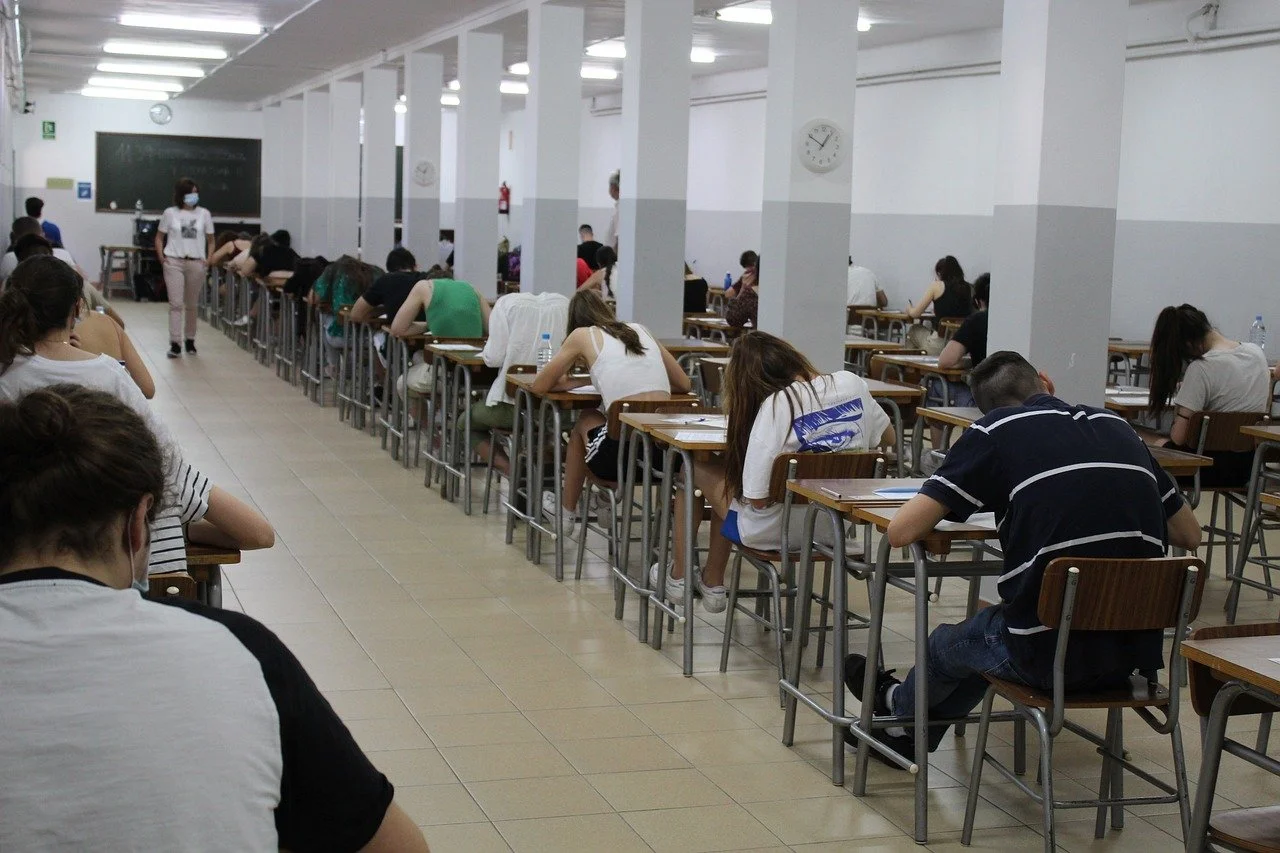While we talk about the benefits of retrieval practice a lot here at the Learning Scientists, we usually talk about the benefits of retrieval practice for already learned information. However, retrieval practice has also been shown to be beneficial for learning new information.
All in Learning Scientists Posts
Yerkes-Dodson: Lore, not Law
The Yerkes-Dodson law is used frequently in performance settings. It has been applied to everything from work productivity to sports performance and the impact of anxiety on learning. But how did this research finding become a “law”? And how well has this been replicated?
Questions in Class, Covert Retrieval, and Cold Calling
In a previous blog post about retrieval practice, Cindy asked, is asking questions in class enough? She covered an experiment by Magdalena Abel and Henry Roediger (1) in which students studied Swahili vocabulary in a few different conditions. In one of those conditions, students graded …
Improving Self-Regulated Learning
Self-regulated learning is particularly important in contexts like medical school where learners have to efficiently and independently learn large amounts of information. A recent study with medical students examined the effects of teaching about self-regulated learning and maintaining a learning diary on students’ self-regulated learning and course performance (2)
When is Retrieval Practice Most Efficient?
The research study I’m reviewing today tackles the issue of effectiveness vs. efficiency. In this series of studies, participants either received retrieval practice that was experimenter-controlled or the way that they wanted, which was typically to drop questions. Which one is better?
Notetaking Formats
One of the most common metaphors to describe what the first few years of medical school is like is that it is like drinking water from a fire hose. There is an overwhelming amount of information that students need to learn, and need to learn fast. One of the areas that I help medical students with is in improving their notetaking to help them manage the “fire hose” of information.






